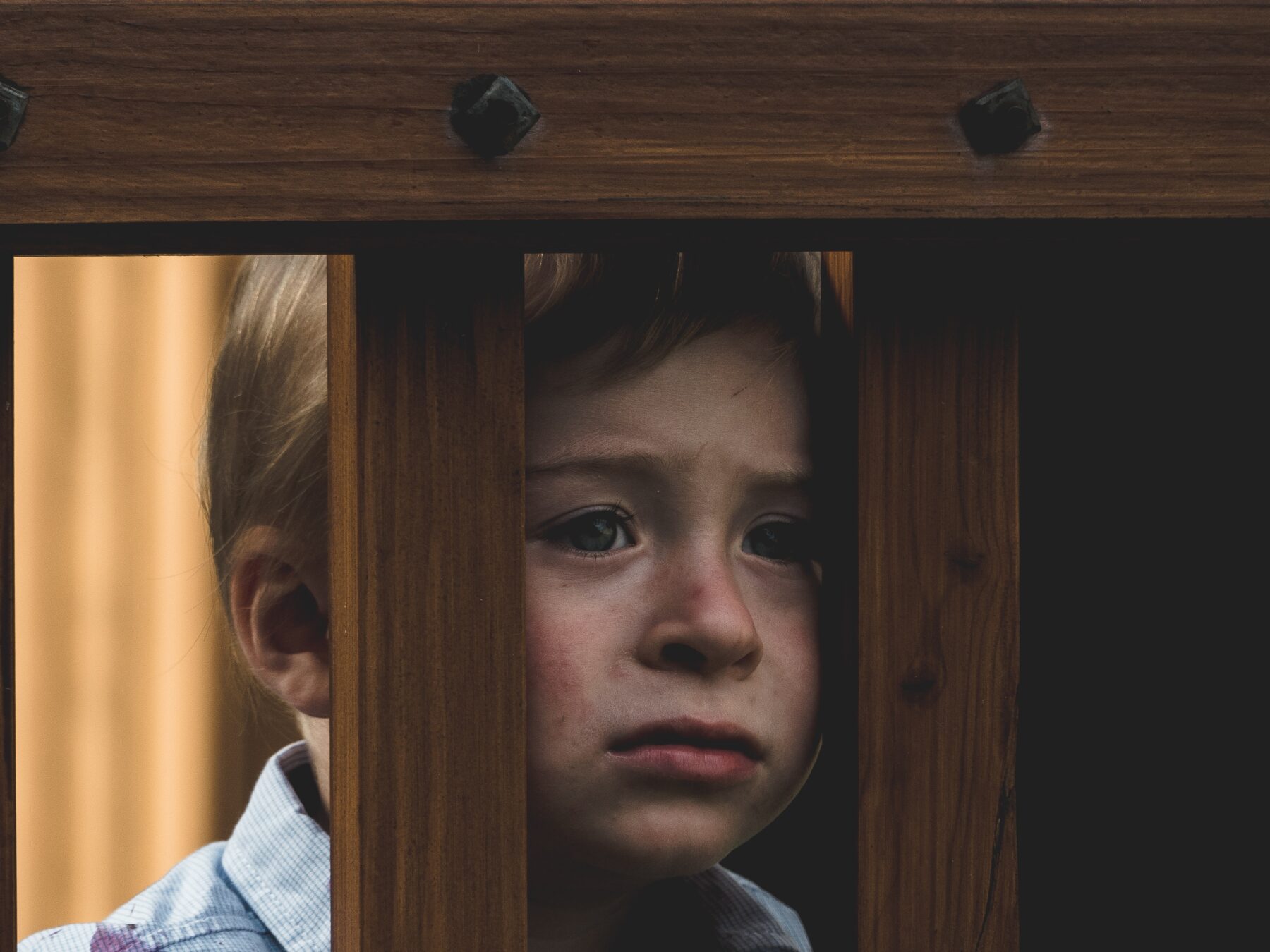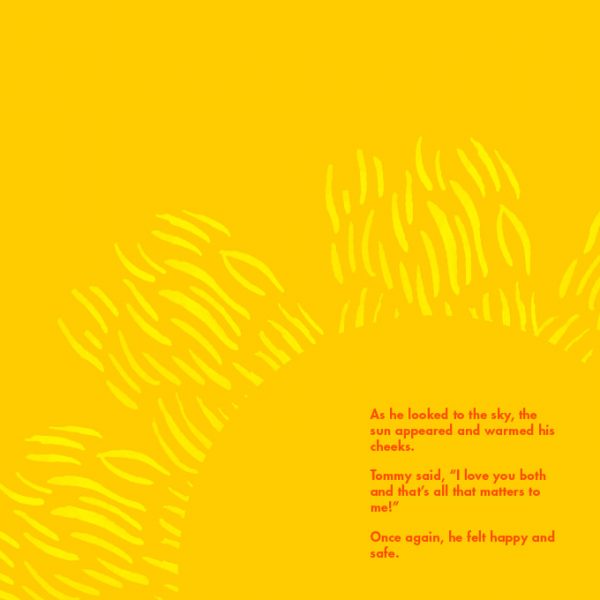Book review: ‘The body keeps the score: Mind, brain and body in the transformation of trauma’

Educators are more frequently teaching children from families affected by trauma. In the piece below University of New England academic Dr Marg Rogers reviews the book The Body Keeps Score: Mind, brain and body in the transformation of trauma, and makes connections with early childhood education and care (ECEC) practice.
Children we work with may have experienced trauma directly or through transfer from their family members, she begins. The child or family members may have been exposed to trauma through:
– violence
– witnessing or being involved in an accident
– natural disasters and climate emergencies
– work (e.g. first responders, defence members and veteran personnel)
– bullying
– refugee experiences (e.g. war, terrorism, famine, dangerous journeys, persecution, detention camps)
– other experiences.
The vicarious trauma transfer might occur from imagining what their family member experienced. Alternatively, children might hear, overhear or see what their parent experienced. Further trauma might be experienced through the family member’s behaviour because of the original trauma.
There has been a growth in the number of courses available for trauma-informed practice, many of them giving valuable information and practical strategies.
Bessel Van Der Kolk’s book ‘The body keeps the score: Mind, brain and body in the transformation of trauma’ gives us an excellent, accessible, affordable account of his learning about the impacts of trauma on individuals and families. In the book, the reader learns how the author himself learned, through his patients, and their families’ lived experiences.
This book is refreshing because the author admits that, as a society, we do not know very much about this topic. Further, he reveals that mental health professionals’ knowledge is still extremely limited. Despite this, the book offers insight into how those who support these individuals and families can be better informed. The book explores Post Traumatic Stress Syndrome, complex PTSD, how triggering works and how to reduce its effects.
Especially useful for educators, the book has four chapters about child-related trauma. Van Der Kolk (2014) explains that childhood trauma is likely to reappear through various behaviours and emotions due to the impact on the nervous system and brain. This makes relationships more difficult for them in childhood and adulthood. He explains the way the bodies of victims react to childhood trauma, including a hypervigilant immune system that often fails to differentiate between minor and major threats causing chronic auto-immune diseases, heart and digestive conditions in later life.
Encouragingly, Van Der Kolk (2014, p. 356) explains that many of our great innovators of “social change have intimate personal knowledge of trauma…(due to) insights and passions that came from having dealt with devastation”. Additionally, the “same is true of societies” such as advances due to the Great Depression and wars (Van Der Kolk, 2014, p. 356). He adds,
“trauma is now our most urgent public health issues and we have the knowledge necessary to respond effectively. The choice is ours to act on what we know” (Van Der Kolk, 2014, p. 356).
This book assists educators to empower children’s voices and provides training in how to support children’s experiences of trauma. This is a first and very necessary step to address these children’s needs and support their recovery.
The book is available from book sellers and department stores and is generally less than $20.
Reference
Van Der Kolk, B. (2014). The body keeps the score: Mind, brain and body in the transformation of trauma: Penguin.
Popular

Policy
Practice
Quality
Provider
Research
Safety starts with supervision: responding to real risks in ECEC
2025-07-07 10:30:58
by Fiona Alston

Policy
Provider
Practice
Quality
Jay Weatherill appointed to co-lead urgent review into childcare safety in Victoria
2025-07-07 07:24:04
by Fiona Alston

Quality
Practice
Provider
Workforce
Reclaiming Joy: Why connection, curiosity and care still matter in early childhood education
2025-07-09 10:00:07
by Fiona Alston













